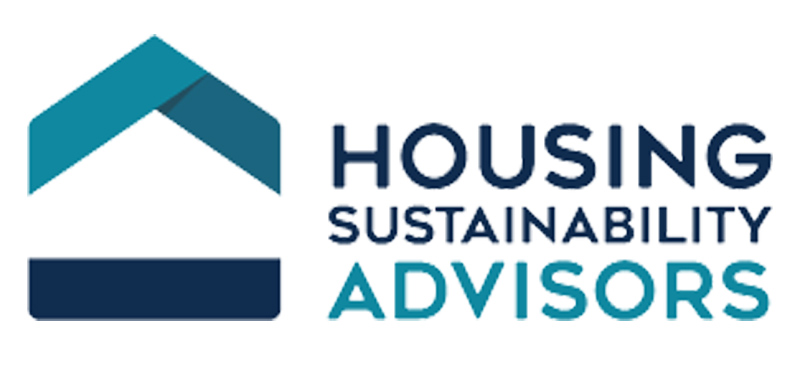
By Jared Lang
Owner and Principal, Housing Sustainability Advisors
Solar is a powerful tool to help reduce or eliminate electricity bills for a variety of building types, including multifamily housing, homes, offices, and other buildings. However, some buildings are unsuitable for solar due to technical factors such as poor roof condition, insufficient roof area, or shade. Renters, particularly those who are low-income, have difficulty accessing the benefits because of their lack of ownership and decision-making ability regarding the installation of solar.
Community solar allows electricity users in buildings not well suited for solar to subscribe to a share of the energy generated from an offsite solar array. The subscribers receive credits on their electric bills based on the power generated by their portion of the solar facility. This provides the benefits of solar to buildings without panels on their roofs, allows renters to benefit from solar, and involves no upfront costs or debt for the subscribers.
Housing Sustainability Advisors (HSA) partners with local governments and community leaders to provide guidance on equitably scaling community solar projects. With our background in affordable housing and energy finance, we work with local leaders to identify incentives needed to bring community solar’s cost-saving benefits to low-income households.
HSA is leading the EECBG Community Solar Cohort, designed to help local governments bring solar energy to low-income housing. Local government participants are offered a robust expert-led and interactive curriculum that covers:
- The foundations of community solar;
- The regulatory environment, including state and local policies;
- Incentives for community solar, including federal, state, and local;
- Community solar siting, including how to identify ideal sites for solar arrays; and
- Community engagement, particularly how to effectively engage potential subscribers.
Through the Community Solar Cohort, participants benefit from peer-to-peer learning and one-on-one conversations to help local government ensure successful projects. For example, the cohort includes Washoe County, Nevada, which includes Reno. The county is implementing a $156 million Solar for All project. The project will have solar arrays installed on municipal buildings and will provide at least half the benefits to low-income and disadvantaged households through community solar.
Through our work in various communities nationwide, HSA develops relationships with participants to understand local needs and tailor its work to most effectively benefit them.
Community solar projects vary in size, customer type, and business model. The EECBG cohort empowers participants to understand the process and benefits of community solar. The cohort helps local and tribal governments identify local partners, inform communities about solar power, and host projects on government properties.
